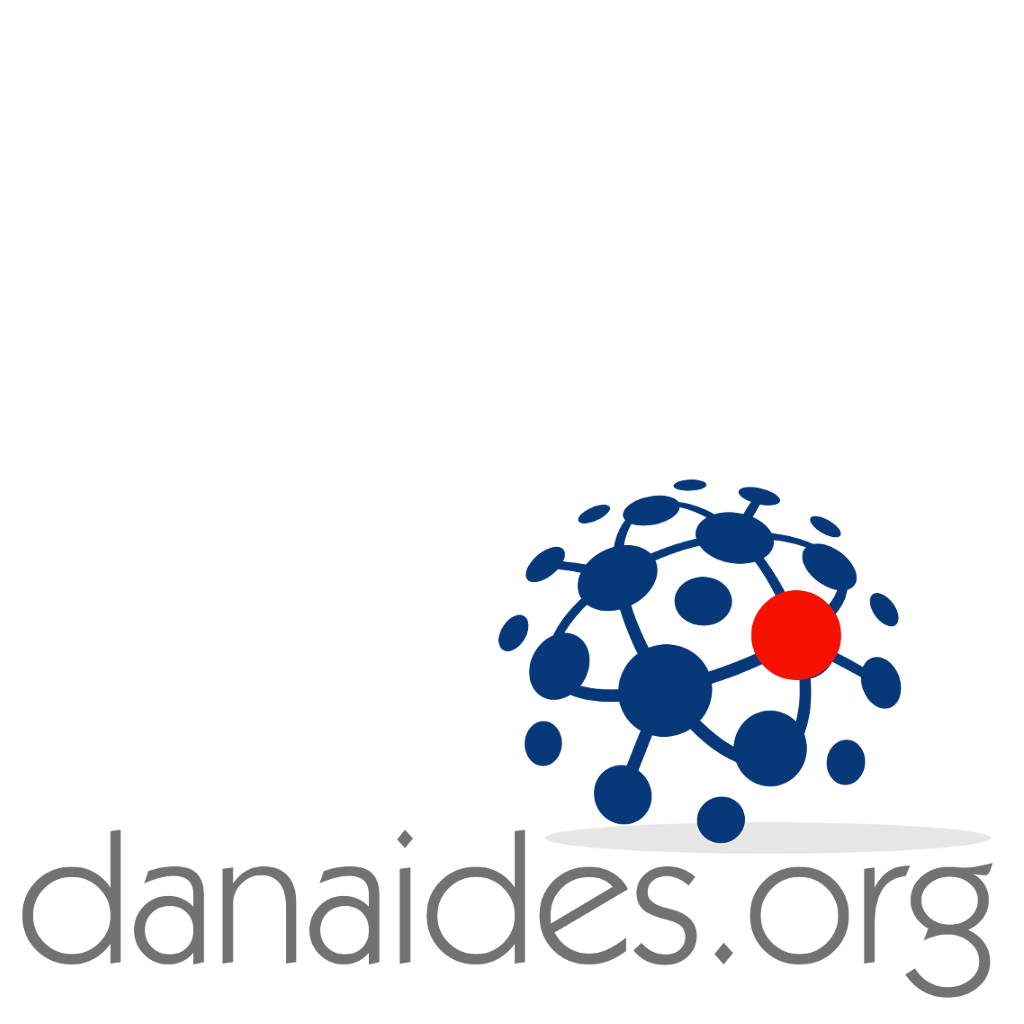P2PR2P
Societies are urbanising, which means that siege, information and economic warfare is targeting a growing number of civilians. In these modern conflicts, UN General Assembly resolution 46/182, which guarantees State sovereignty over aid distribution, has become a political and financial tool for belligerent state actors who may be tempted to hijack the pipelines of humanitarian aid in order to fund their own war effort.
Massive misappropriation of these global common resources by conflict actors weakens any leverage civil society actors in and out of conflict zones may wield in the post-conflict phase. This in turn establishes an unjust peace and perpetuates the cycle of conflict.
This is precisely the issue we aim to tackle.
In February 2011 Mohammed Nabbous started live-streaming events in Benghazi, Libya. Immediately an online community sprung up around his Libya Al Hurra channel. As of this seminal moment, a constellation of other small trusted networks were created. These clusters harnessed peer-to-peer (P2P) online activism during — but independent of — the first UN-Nato led intervention under the responsibility to protect (R2P) principle. These civilian networks vetted newcomers, responded to grass roots demands, fact-checked open source intel and mutually reinforced their actions. Danaïdes.org co-founder, Stephanie Lamy created some of these active networks, coordinated between them and acted as a resource, relationship and information broker.
Civilians have always been their own first responders.
Because civilians have always been their own first responders, we are developing a tool that will identify and structure these informal networks, as well as support their efforts through innovative secure technologies which foster trust and accountability.
Our P2PR2P tool is a private encrypted logistics platform which integrates a multi stakeholder interface. It can be deployed on multiple zones. It aims to secure requests, match and dispatch knowledge, relationships and resources via a myriad of small trusted channels and share resources between all vetted actors. In network theory, opportunities, relationships and resources create value.
Our approach considers that the transfer of resources & connection brokering bolsters civil society capacity — in and out of conflict zones.
P2PR2P is designed to address most of the concerns of the United Nations Grand Bargain: encouraging self-help locally, better financing for humanitarian activities, stopping high visibility conflicts siphoning off resources from little known, but big-needs conflicts and using technology to scale up capacity.
Our approach considers that the transfer of resources & connection brokering bolsters civil society capacity — in and out of conflict zones.
P2PR2P will provide harmonised reporting and a demand-based resource flux which will reduce duplication and manage costs. It will help donors strike the right balance between guaranteeing ownership of the peace process to civilians in conflict zones, and enhancing diplomatic strength of all stakeholders through resource sharing.
The Responsibility to protect principle (R2P) is based on three pillars: prevention, international support, collective action. It has been legitimately criticised for imposing an exclusively top-down approach in which the populations “to be protected” are side-lined from the decision-making process.
This is why peer-to-peer distributed governance by stakeholders will be by-design in the P2PR2P application. Ultimately it will deliver greater participation of a diverse, gender balanced civil society in the peace-building process, which in turn will participate in fostering a more just peace.


